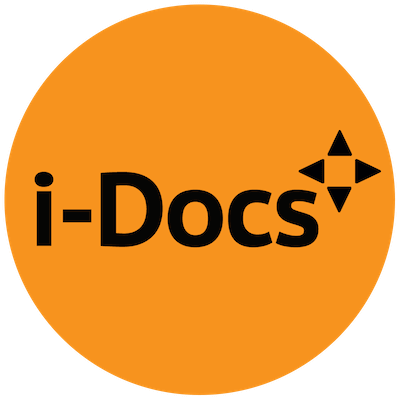Guest post from Laura Aguiar, Cahal McLaughlin and Jamie McRoberts
Queen’s University Belfast
The Prisons Memory Archive (PMA) is an ongoing research project and its aim is to offer possibilities of engaging with the story of the ‘other’ in a society that is emerging from decades of political violence. One way of doing this, we believe, is through interactive documentary.
In 2007, the PMA recorded interviews with those who passed through Armagh Gaol and the Maze and Long Kesh Prison. These prisons were both touchstone and tinderbox during the 30 years of the violent conflict in Northern Ireland. The range of participants includes prison staff, prisoners, visitors, teachers, chaplains and probation officers.
In 2013, we published online 24 interviews, totalling almost 50 hours of filmed material. The content can be navigated in two ways: either via the full interviews, which range from 20min to 3 hours, or through 15 conceptual categories, lasting on average 5 minutes each. With these signposts, we hope to offer users the opportunity to navigate their way through different pathways.
Prisons Memory Archive – Maze Long Kesh Promo from Cahal McLaughlin on Vimeo.
Turning this material into an interactive webpage has raised many questions, such as why use interactivity, how the subjective nature of categorising affects the outcome, how much authorship can be given to users, how interactivity can help listen to the ‘other’, and so forth.
We will be at i-Docs this year with a one hour workshop which will explore the webpage and discuss the achievements and limitations of the work to date. During the first fifteen minutes, we will explain the project’s aims, progress to date and plans for the future. Next, delegates will explore the page for twenty minutes. Finally, we will have a discussion for twenty minutes about authorship, narrative structure and the relationship between interactivity and users.
This workshop offers a hands-on opportunity to think about substantial ethical and methodological questions raised when working with i-docs, especially ones with sensitive stories from the past.
Places in the workshop are limited so we recommend delegates wishing to attend make their way at Waterside 1 as soon as possible following the keynote talk. There will be also be i-Docs volunteers available to direct you if necessary.
We also recommend participants to engage with the website before coming to the workshop: prisonsmemoryarchive.com

